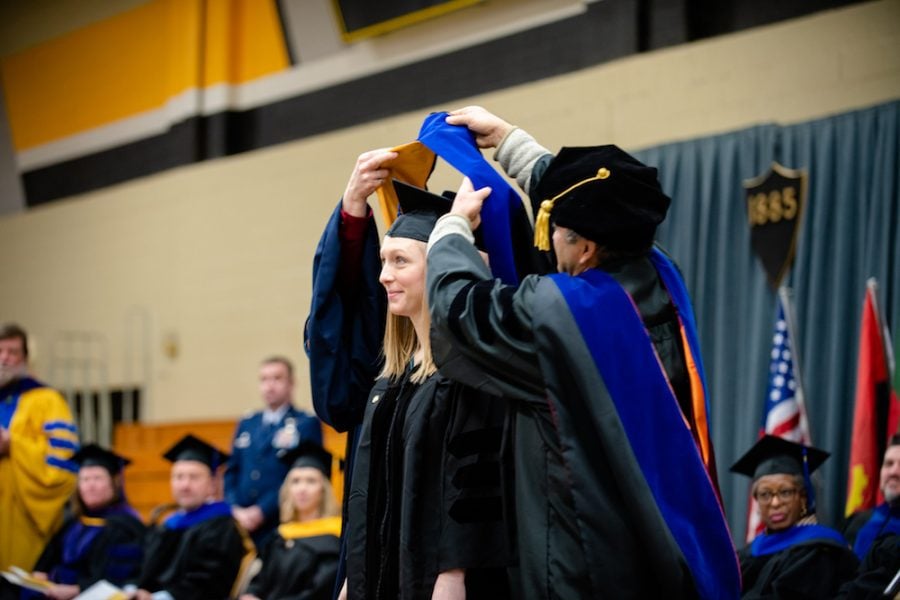The Husky Investment Tournament hosted by the College of Business at Michigan Technological University this spring drew high school business students from across the country and world to compete for a cash prize and scholarships toward a Michigan Tech education.
Students Prabhnoor Singh, Tijil Gupta, and Amol Singh Cheema of Amity International School in Noida, Uttar Pradesh, India, came in first place at the conclusion of trading on April 16.

“The tournament really helped us to get real-world trading experience while competing with other people,” the team, who worked together remotely due to the COVID-19 pandemic, said.
Their teacher, Virendra Verma, taught the eleventh-graders the basics of stock market investing and reached out to the College of Business for a platform to complement their existing high school curriculum and help further develop their investment skills.
The competition utilizes a virtual stock-trading tool and college student- and faculty-led video modules to help high school educators lead engaging conversations and lessons of their own. Teams of three to four students receive $1,000,000 in virtual US dollars to build a portfolio. The group with the highest-valued portfolio earns $1,000 in prize money and all students who actively participate are awarded a scholarship to attend Michigan Tech.
As a result of increased interest, this semester, the competition expanded to include international participants.
The Husky Investment Tournament is embedded in high school economics, business, and personal finance classes. Since its launch in September 2019, 917 students from across California, Florida, Georgia, Illinois, Maryland, Michigan, Minnesota, Virginia, and Wisconsin have participated in the Husky Investment Tournament.
High school educators or administrators wishing to sign teams up for a future competition should visit mtu.edu/business-tournament.
About the College of Business
The Michigan Tech College of Business offers undergraduate majors in accounting, construction management, economics, engineering management, finance, management, management information systems, and marketing, as well as a general business option. Graduate degrees include the TechMBA®, a Master of Engineering Management, a Master of Science in Accounting, and a Master of Science in Applied Natural Resource Economics.
